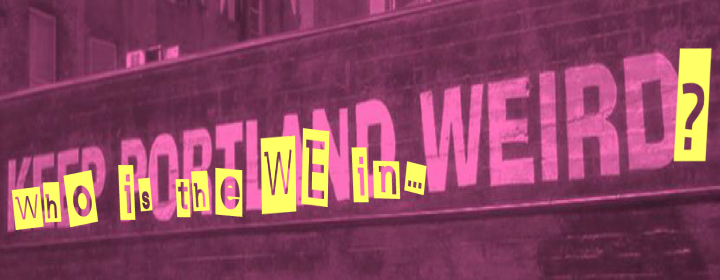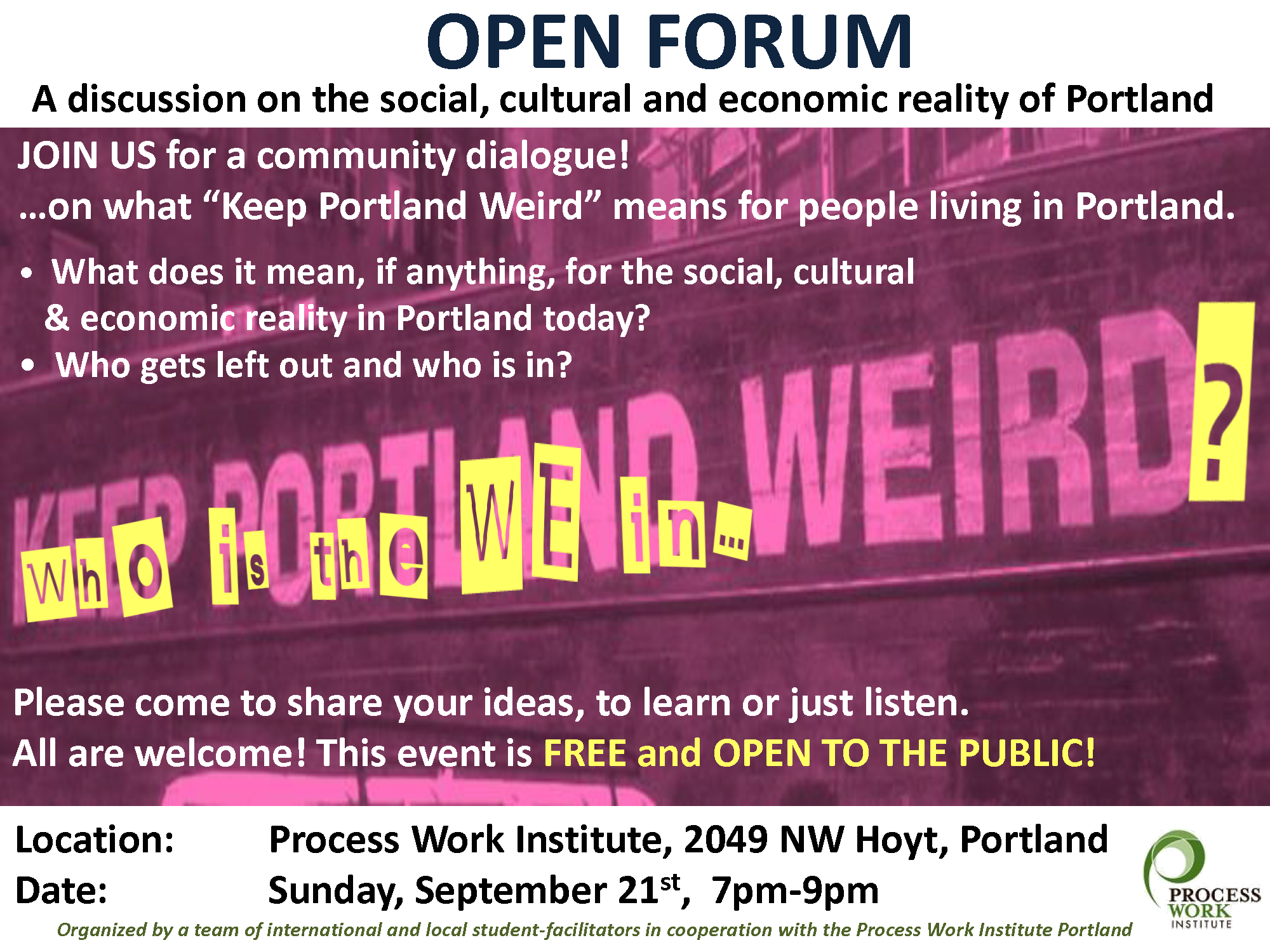The Animated Facilitator Style

Join Dr. Amy Mindell on May 25th to explore the forces that move facilitators and how they create their most unique and personal style. This course is designed for therapists, teachers, coaches, facilitators, and helpers of all kinds.




